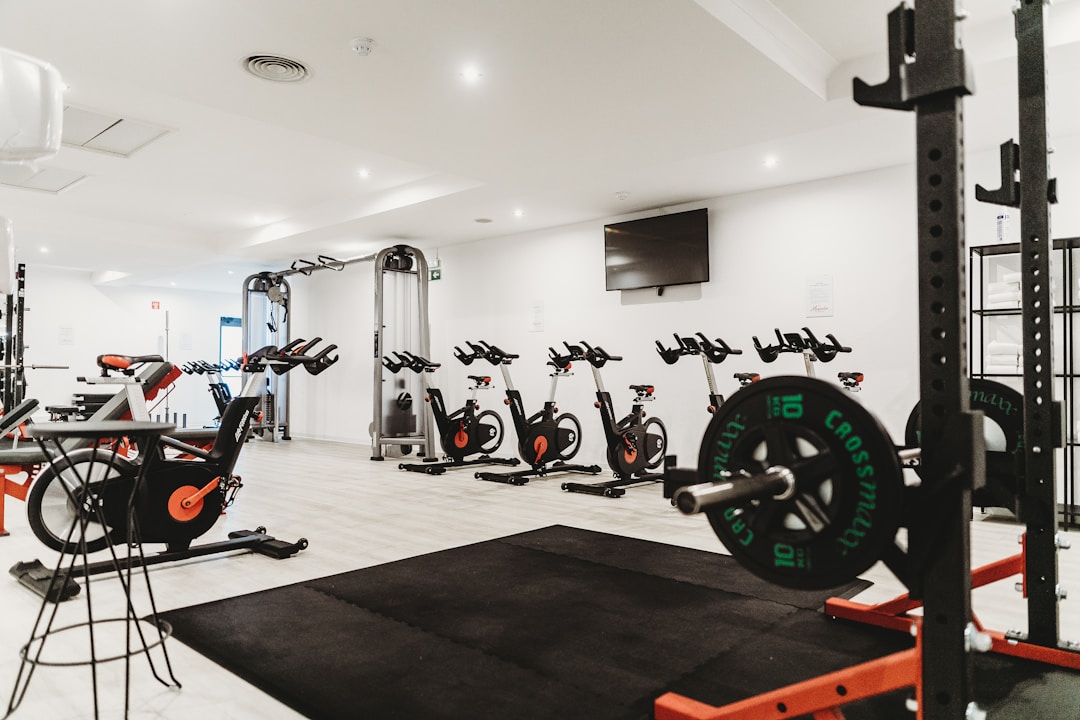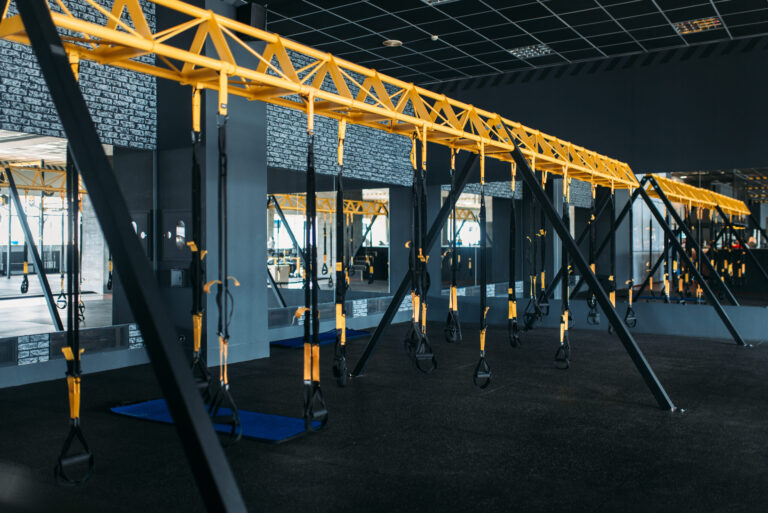Recreational centers are vital hubs of community activity and health promotion. From swimming pools and sports courts to event spaces and fitness centers, they offer a vast range of activities that cater to all ages and demographics. As the manager of such an establishment, you have the responsibility to ensure that the center is safe, efficient, and meets the diverse needs of its patrons. Below, we delve into actionable tips for managing a recreational center to its fullest potential.
Prioritize Safety First
Safety is paramount. Ensuring that all equipment, facilities, and amenities are safe should be at the top of your priority list. This includes regular maintenance checks and inspections of fitness equipment, sports equipment, and other utilities.
One area that requires meticulous attention is recreational water treatment. The pools, hot tubs, and any water facilities must be treated appropriately to prevent bacterial growth and other potential health risks. This involves consistent pH testing, appropriate chemical balances, and thorough cleanings. A clean and safe water facility not only protects the users but also extends the lifespan of the equipment.
Employ Trained Staff

A recreational center is only as effective as the staff that operates it. Ensure that every employee, whether they’re lifeguards for the public pool, fitness instructors, or maintenance crew, has the necessary training and certifications. Encourage regular refresher courses and consider hosting in-house training sessions.
Engage with the Community
Understanding your community’s needs is crucial. Regularly hold feedback sessions and surveys to gain insight into what the patrons want or need. Are they interested in more fitness classes at different times? Would they appreciate extended hours during the summer? Engaging with the community can lead to innovative programs and ideas that could set your recreational center apart.
Offer Diverse Programs
Catering to a broad demographic is one of the hallmarks of a successful recreational center. Offer a mix of programs for kids, adults, and seniors. This could include fitness classes, arts and crafts sessions, senior mornings, or teen nights. Regularly updating and rotating these programs keeps the offerings fresh and engaging.
Embrace Technology
Implement a modern management system that helps with bookings, program registrations, and memberships. A mobile app or a user-friendly website can make it easier for patrons to access information, book slots, or give feedback. In addition, consider leveraging social media platforms to market your programs, communicate updates, and engage with the community.
Foster a Positive Environment
Creating a welcoming and inclusive environment is essential. Ensure that the center’s rules and policies promote respect and inclusivity. This might involve training staff in conflict resolution, implementing clear signage, and possibly introducing a code of conduct for patrons. Remember, a recreational center is a community space, and it’s important that everyone feels comfortable and valued.
Financial Management
Running a recreational center can be capital-intensive. From maintenance to staffing and utilities, the costs can add up. Implementing a robust financial management system will help monitor expenses and ensure sustainability. This might involve regular audits, budget forecasts, and a pricing structure that is both competitive and sustainable.
Environmentally Conscious Operations
With increasing awareness about environmental concerns, consider adopting sustainable practices. This might include energy-efficient lighting, promoting carpooling or public transportation, water conservation, and waste reduction. It could also include using green disinfectants for disease control. Such measures not only benefit the environment but can also be financially beneficial in the long run.
Regular Maintenance
This might seem like a given, but regular maintenance checks ensure the longevity of your equipment and facilities. Whether it’s the basketball court, the swimming pool tiles, or the treadmills, scheduled maintenance prevents potential hazards and costly replacements.
Stay Updated with Industry Trends
The world of fitness, sports, and community engagement is constantly evolving. Stay updated with the latest trends and research in the field. This could involve attending industry seminars and workshops or even joining a recreational center association. Such measures will ensure that your center remains contemporary and ahead of the curve.
Building Collaborative Partnerships
Forming alliances with local businesses, schools, or other community groups can be immensely beneficial for a recreational center. Such partnerships can offer opportunities for joint events, fundraisers, or programs. For instance, collaborating with a local health clinic could lead to monthly health check-up camps at the center. Partnerships with schools could introduce after-school programs or summer camps. These alliances not only enhance the center’s offerings but can also lead to shared resources, increased publicity, and a larger user base.
The Role of Feedback in Continuous Improvement
While it’s essential to engage with the community, what’s even more vital is acting on the feedback received. Listening sessions, suggestion boxes, and online feedback forms can be incredible tools for continuous improvement. Addressing concerns or suggestions promptly not only rectifies issues but also showcases your commitment to the community.
Investing in Marketing and Outreach
In the digital age, having an active online presence is crucial. Regular updates on the center’s website, engaging posts on social media platforms, and email newsletters can keep patrons informed and interested. Additionally, consider hosting events that draw attention. Open house events, free trial days, or community get-togethers can be great marketing tools. Remember, word-of-mouth is still one of the most effective forms of advertising. A happy patron can be a valuable ambassador for your center.
Emphasizing Mental Well-being
While recreational centers are often associated with physical activities, there’s a growing need to emphasize mental well-being. Consider incorporating programs that cater to mental health, such as meditation sessions, stress-relief workshops, or counseling corners. Collaborate with local therapists or counselors to organize regular talks or group sessions. Such initiatives can position your recreational center as a holistic space for both physical and mental wellness.
Incorporating Accessibility
Accessibility should be a key focus for modern recreational centers. Ensure that the facilities cater to individuals with disabilities. This includes ramp access, accessible restrooms, and specific equipment. Additionally, consider programs tailored for individuals with specific needs, such as sensory-friendly sessions or wheelchair basketball leagues. Making your center inclusive can set it apart and draw in a wider demographic.
Future-proofing the Center

With rapid technological advancements, it’s essential to keep an eye on the future. Integrating tech-friendly solutions like virtual reality-based fitness programs or app-guided workouts can keep your center contemporary. Consider spaces that can be adapted for future needs, like rooms that can serve as VR gaming zones or spaces dedicated to emerging sports or activities.
The Art of Delegation
As a manager, you might often feel the need to oversee everything. However, it’s essential to recognize the strengths of your team and delegate tasks. Trusting your staff with responsibilities not only reduces your burden but also empowers them. Regular team meetings, open communication channels, and clear job descriptions can facilitate efficient delegation.
Elevating Your Recreational Center: Key Takeaways
Managing a recreational center is a multifaceted task that requires meticulous attention to detail, community engagement, and proactive thinking. Prioritizing safety, particularly in areas such as water treatment, ensures the well-being of all patrons. Investing in trained staff, modern technology, and diverse programs enhances the center’s offerings and positions it as a community favorite. As you continue on this management journey, always keep the community’s needs at the forefront, and be prepared to adapt and innovate. Remember, a successful recreational center is not just about the facilities it offers, but also the experiences it creates.




